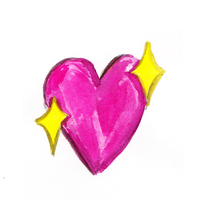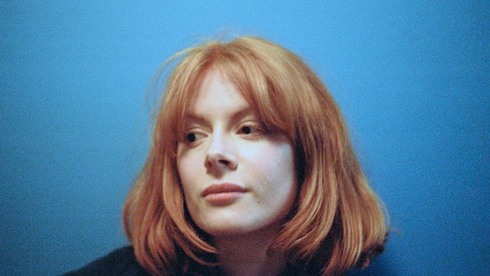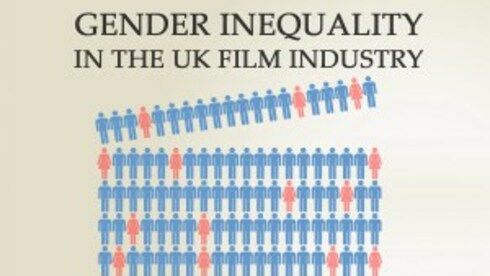
Daphne Sexually liberated, ballsy and intelligent
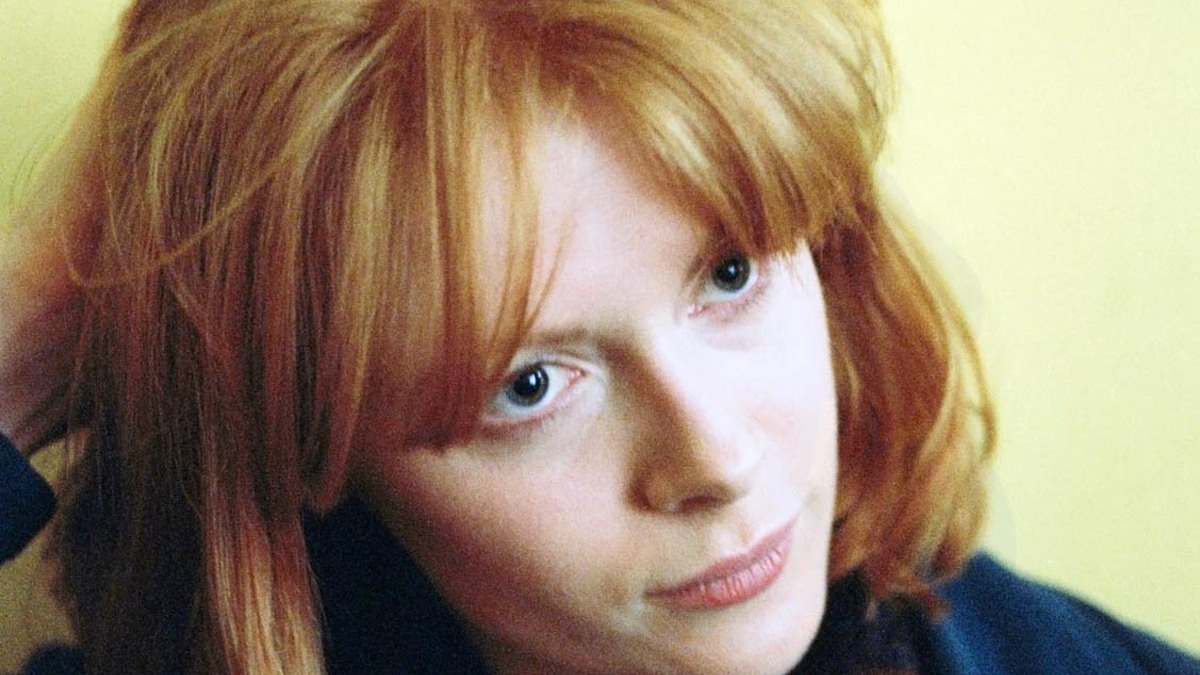
In Greek mythology, Daphne was a nymph who was transformed into a Laurel tree to protect her from the whims of the Gods.
It would seem that a few eons later she has been reincarnated in Peter Mackie Burns’ directorial debut. This time around, Daphne has a vast knowledge of Freud and Slavoj Žižek, a scathing wit, an incredible fashion sense, a great palate, a heavy drinking habit, an occasional drug habit, and a cynicism so ingrained in her being it forms a carapace. As she queries on a rooftop whether the outside world sees her as ‘selfish’, her enamoured boss, Joe (Tom Vaughan-Lawlor) sympathises with, “It’s a tough fuckin’ world, you’ve got to be tough.” A sentiment many of us will appreciate.
The magnificent Emily Beecham (Hail, Caesar!, Into The Badlands, The Musketeers) stars as our 31 year-old nymph who works as a chef in a South London café. Sexually liberated, ballsy and intelligent, Daphne initially comes across as the epitome of the modern catchphrase ‘a strong, independent woman’ – which she most certainly is. But then she witnesses something that all the ballsiness and intelligence in the world cannot protect her from: a stabbing in one of her local corner shops.
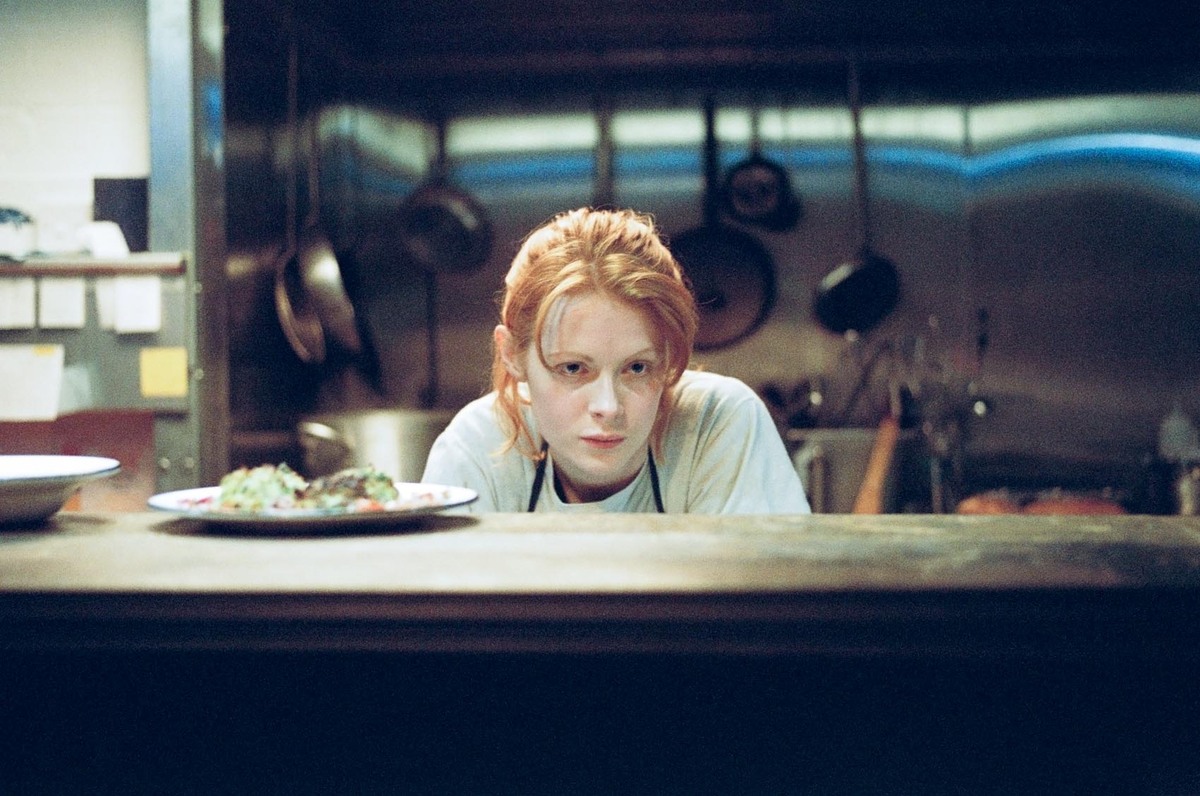
The effects of this incident turn what was initially fun-loving partying and casual liaisons into dangerously heavy daytime drinking sessions and destructive, numbing hook ups – coping mechanisms that are close to self-harm in the wake of post-traumatic stress.
What is unique about this portrayal of a woman on the verge of a nervous breakdown (to pinch Almodóvar’s expression) is that, throughout, Daphne is always a fighter, never a victim. We don’t pity her; we’re rooting for her to give her life the sucker-punch it needs. In an interview with The Guardian, Beecham says, “It’s refreshing for women and for men to see something different.” I agree: it will be refreshing for women and men to see something different on screen, because it will be refreshing for women and men to see something they might actually recognise from off screen.
Beecham’s performance as Daphne is remarkable. She embodies Daphne so completely that at times, were it not for the magical, kaleidoscopic cinematography of Adam Scarth, you’d forget Daphne isn’t a documentary. This is partly because Beecham has been involved in shaping the character from her beginnings in the short film, Happy Birthday To Me (2014) – which Burns and his writing partner, Nico Mensinga, decided to use as the building block for this, their first feature film.
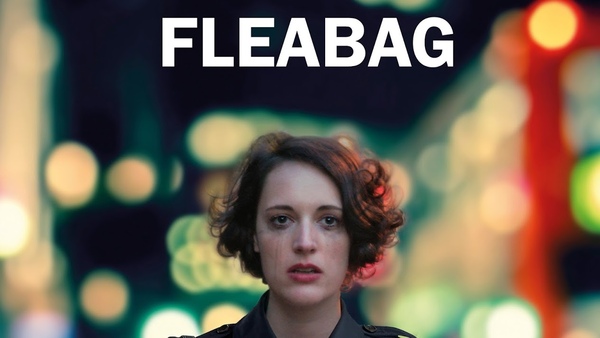
We can’t talk about Daphne without mentioning Fleabag, the BBC television series that blazed the trail for – we hope – many more true-to-life female-led dramas and comedies. As Beecham, who has known Fleabag’s star and creator Phoebe Waller-Bridge for around 10 years, comments in the same interview with The Guardian, “I relate to [Waller-Bridge’s] feelings about what she went through. When you leave drama school you get a bit of a shock when you find you are stuck in your own casting bracket. And it is all about your looks. Now people are starting to write their own roles in response to that.”
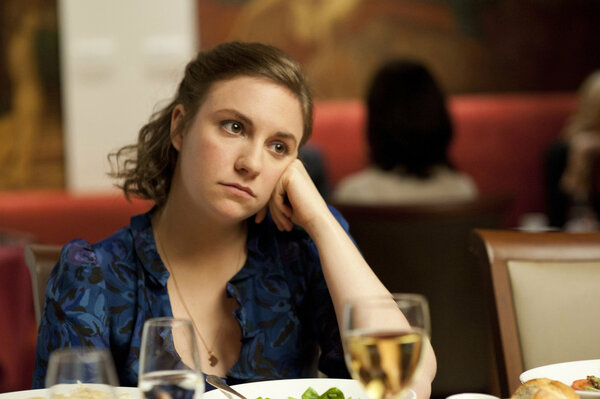
Before Fleabag, we had Lena Dunham’s Girls; but Girls is a different ballgame entirely – there is no sense of a ‘girl gang’ in Daphne, not a whiff of ‘girl power’, just a full-blown force of nature. Daphne doesn’t have ‘squad’; she has post-traumatic stress disorder and (very few) peripheral friends.
Daphne may not believe in love, but there are a number of loving influences in her life. One of these she encounters on another late-night bender, when she gets chucked out of a club by a security guard called David – played with crackling charm and wit by Nathaniel Martello-White. David ends up providing a potentially kind and stabilizing influence on her life, and slowly tries to crack that shell of hers; their relationship in the film is akin to someone trying to cuddle a writhing, scratching cat.
Daphne’s mother, played by Geraldine James, provides another patient, loving influence (usually in response to Daphne’s snappy and sarcastic behaviour); and their dynamic provides some interesting insights. The mother is facing a battle with cancer and has started to look for something more to life, something spiritual, whereas the daughter, battling life itself, is simply trying to survive. As Daphne says to her mother one evening, “When did you become so naive?” To which her mother replies, “When did you become so cynical?”
Daphne is at times arrogant, brash, rude, selfish, and reckless; but this certainly does not make her ‘unlikeable’ or even ‘difficult’, as some commentators have suggested. It makes her human. Burns responded to these comments in an interview with the BFI: “Those adjectives are never applied to male characters […] Let’s face it, there have been a lot of stories about men. I’m a man, and I don’t know if I can be a feminist, but for me, gender is a construct just like character. I have concentrated on women’s stories because I find that perspective slightly different from my own, and interesting. As simple as that.”
Eventually accepting the Met’s offer of counselling, Daphne explains to her therapist, Adam (Stuart McQuarrie), that she would like to go and see the man she witnessed being stabbed, but feels the act of doing so would not be genuine: "I don't feel much [...] I haven't felt like I'm alive for a long time."
Adam suggests that maybe she doesn’t need to “feel the correct emotions at the correct time” in order to do what she thinks is right – because sometimes, at our lowest ebb, all we have are our actions. Maybe the action of caring about a stranger is not true to the self she has been in the past, but it is the first step towards something – and someone – new. As Burns says, “We see life as light and dark. For us, the balancing act was to make a character who stayed on that tightrope between lightness and darkness.”
There’s a subtle revelation at the end that leaves us with nothing but an almost-invisible glimmer of hope – which is true to life, as that’s usually all we have to go on.
Find your nearest Daphne screening here: www.daphne.film
